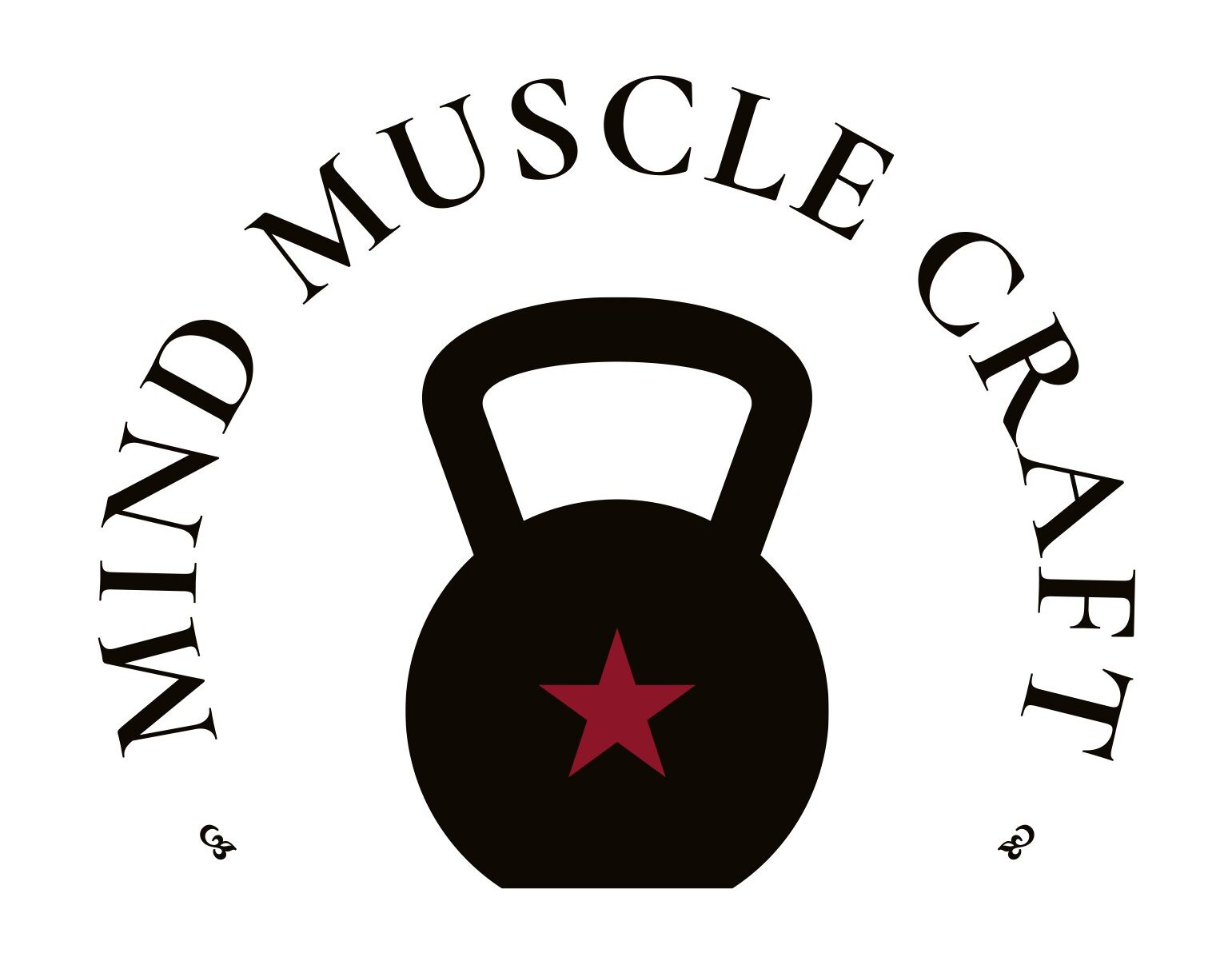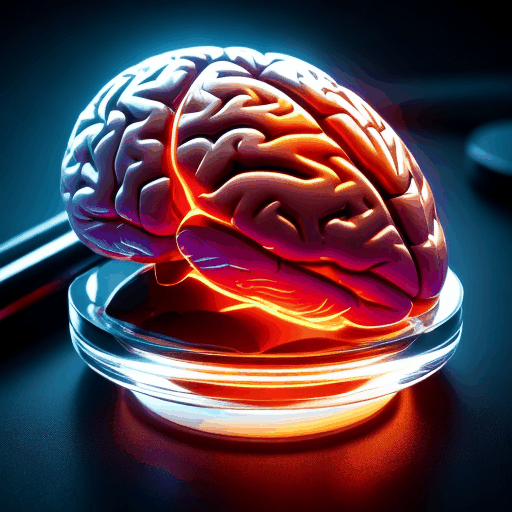The Mind-Body Connection: Mental Well-Being in Sports and Activities
Exploring the realms of physical activity not only transforms the body but also holds the power to reshape the mind. Regular engagement in exercise brings about profound effects on mental well-being, presenting a comprehensive approach to health.
Scientifically, exercise is associated with the release of endorphins, the body’s natural mood elevators, fostering a sense of happiness and stress reduction. Beyond the physiological impact, mental benefits extend to improved cognitive function, enhanced focus, and better sleep quality. Setting and achieving fitness goals cultivate a positive mindset, boosting confidence and resilience.
Mental well-being plays a crucial role in sports and physical activities, and there is a significant connection between engaging in exercise and reducing stress, including the impact on cortisol levels. Let’s explore this relationship in more detail:
1. Stress Reduction Through Exercise:
Engaging in regular physical activity has been shown to be a powerful stress-reducer. Exercise stimulates the production of endorphins, often referred to as “feel-good” hormones. These neurotransmitters act as natural mood lifters and can help alleviate symptoms of stress and anxiety.
2. Cortisol and Stress Response:
Cortisol is a hormone produced by the adrenal glands in response to stress. While it serves important functions in the body, chronic elevation of cortisol levels can have detrimental effects, including increased fat storage. Regular exercise has been shown to modulate cortisol levels, helping to maintain a healthier hormonal balance.
3. The Role of Physical Activity in Mental Health:
Exercise is not just beneficial for physical health but also plays a pivotal role in maintaining mental well-being. It can improve mood, boost self-esteem, and contribute to better cognitive function. These mental health benefits extend beyond the immediate post-exercise period, positively influencing overall psychological well-being.
4. Neurotransmitter Balance:
Physical activity positively influences the balance of neurotransmitters in the brain, including serotonin and dopamine. These neurotransmitters play a crucial role in mood regulation, and their levels can be positively impacted by regular exercise.
5. Distraction and Relaxation:
Engaging in physical activity provides a distraction from daily stressors. Focusing on the movements and sensations of the body during exercise can help individuals break the cycle of negative thoughts and promote a sense of relaxation.
6. Types of Exercise for Stress Reduction:
Different types of physical activities, such as aerobic exercises, strength training, yoga, and mindfulness practices, can contribute to stress reduction. Tailoring the choice of exercise to personal preferences and needs is essential for long-term adherence and mental health benefits.
7. Consistency and Routine:
Establishing a consistent exercise routine is key to reaping the mental health benefits. Routine physical activity helps create a sense of structure and control, reducing feelings of chaos and uncertainty that can contribute to stress.
8. Individual Variability:
It’s important to recognize that individuals may respond differently to various forms of exercise. Some may find solace in the rhythm of running, while others may prefer the mindfulness aspects of yoga or the social interactions of team sports. The key is finding activities that bring joy and a sense of accomplishment.
9. Comprehensive Approach to Well-Being:
While exercise is a powerful tool, it’s essential to adopt a holistic approach to mental well-being. This includes adequate sleep, a balanced diet, and addressing other lifestyle factors contributing to stress.
Conclusion:
Incorporating regular physical activity into one’s routine is not only a strategy for physical fitness but also a powerful tool for managing stress and promoting mental well-being. By understanding the interconnectedness of the mind and body, individuals can leverage the benefits of exercise to reduce stress, regulate cortisol levels, and contribute to a healthier, more balanced life.


Recent Comments